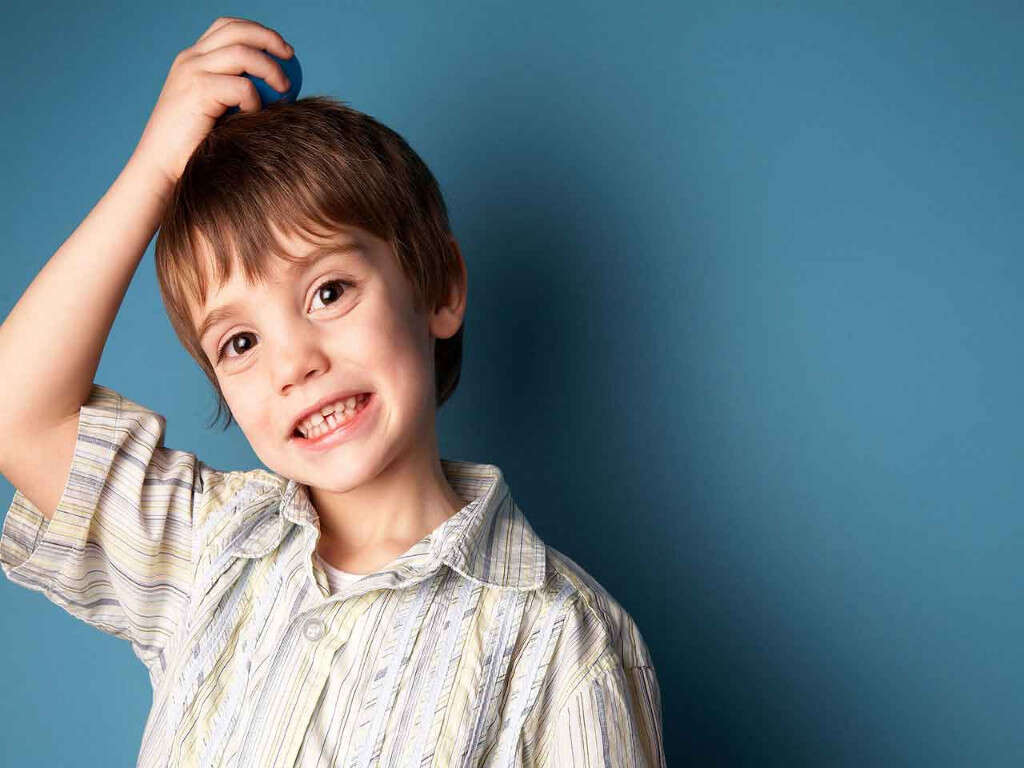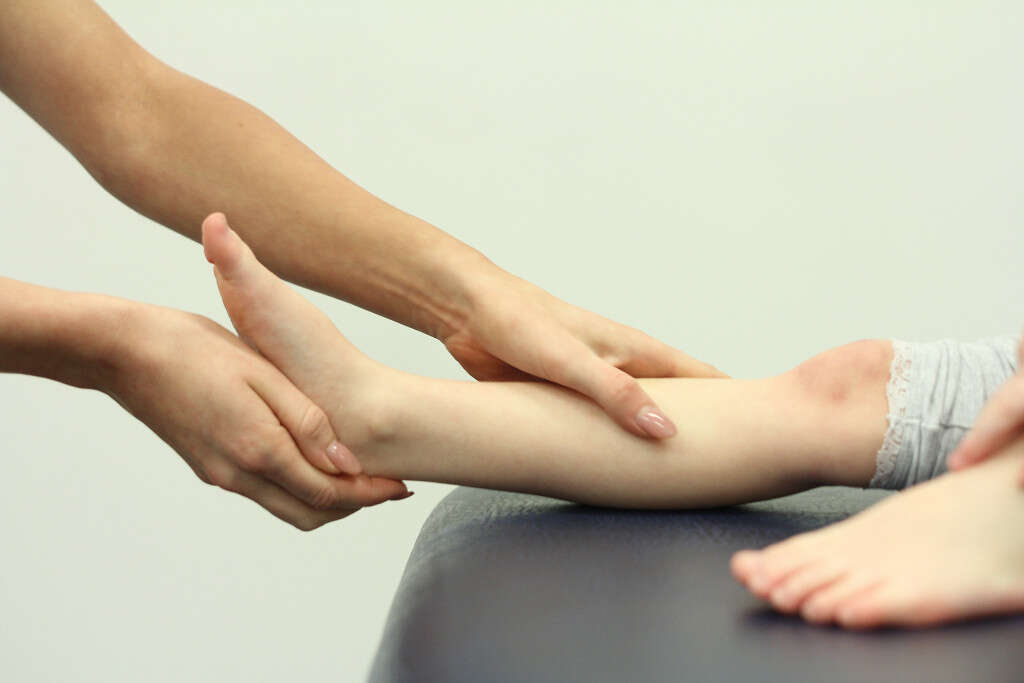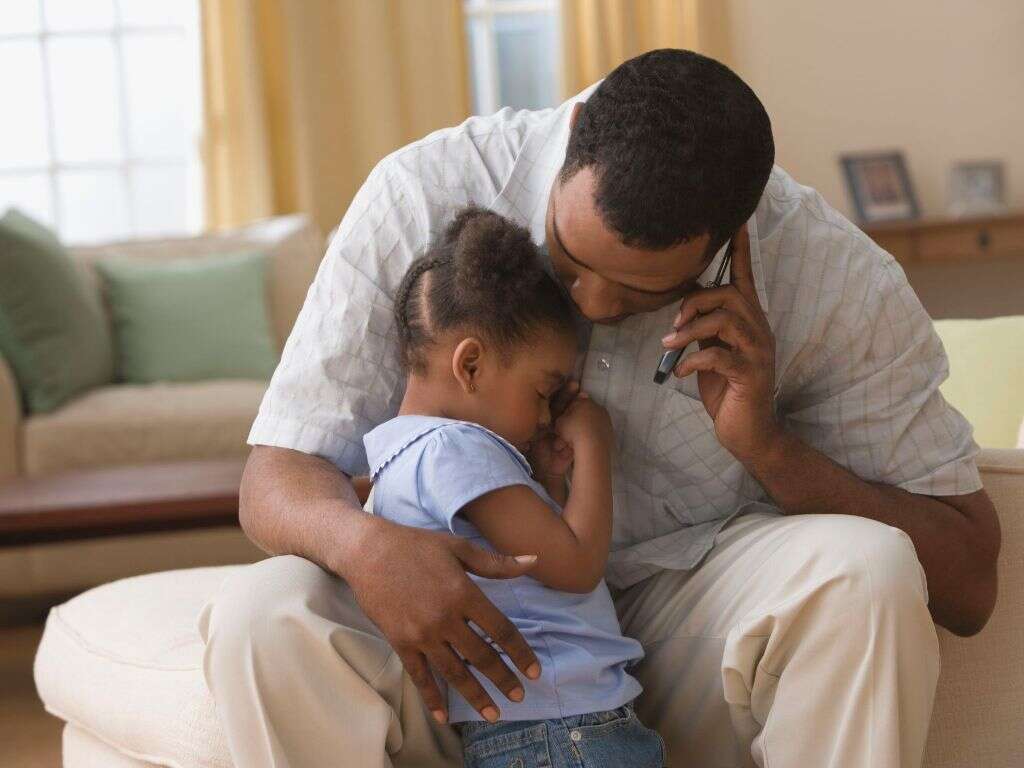10 Reye's Syndrome Symptoms
Reye’s syndrome is not a very common condition, but it is a very serious one. The condition results in the swelling of the liver and the brain, and some of the symptoms can be quite severe. The condition, which usually affects children or young teenagers, tends to strike most often when the patient is recovering from a viral infection such as flu and the use of aspirin to treat it. A number of symptoms can emerge quite quickly, such as seizures and loss of consciousness, and emergency attention is often required.
One of the things that has been linked to Reye’s syndrome is aspirin. If you’re going to be giving these drugs to your children, you should be extremely cautious and limit their use—especially if you’re using the drugs to help your children overcome some of the symptoms of flu.
Other than that, the exact cause isn’t currently known. It could be related to various metabolic conditions that are made apparent by the viral infection. Children born with fatty acid oxidation disorders also seem to be more likely to develop Reye’s. There is also some indication that being exposed to toxins such as insecticides might contribute to the development of Reye’s syndrome. The best way to manage the syndrome is to catch it early and begin treatment immediately. If your child has a fatty acid oxidation disorder, you can get them treatment for it so that they run less of a risk of developing Reye’s syndrome.

Symptom #1: Diarrhea
Diarrhea is one of the initial signs and symptoms associated with Reye’s syndrome. The initial symptoms tend to occur in children who are younger than the age of two and this can indicate that they are going to develop more serious complications as the disease progresses.
Unfortunately, there are many reasons that a newborn baby could experience diarrhea. Diarrhea on its own is no reason to suspect that your baby is developing something as serious as Reye’s syndrome. If the diarrhea is persistent, talk to your healthcare provider to find out what kind if treatment is needed.

Symptom #2: Rapid Breathing
This is another of the early symptoms that tends to only occur in children under the age of two and indicates that they may be developing Reye’s syndrome. Your baby may seem to be breathing quickly—also known as hyperventilating—at random periods or consistently throughout the day.
If this occurs in conjunction with consistent diarrhea, this could suggest that your baby is developing Reye’s syndrome. Regardless, this is an optimal time to get medical attention to determine whether or not you need to prepare for the condition.

Symptom #3: Vomiting
Vomiting is one of the early signs and symptoms of Reye’s syndrome; however, this symptom tends to only occur if the patient developing the condition is an older child or a teenager. They may experience persistent and recurring vomiting for an unknown reason that may not be associated with other flu-like symptoms like one would expect.
Naturally, if your child or teenager is constantly vomiting, you should get them medical help.

Symptom #4: Unusual Sleepiness
Another thing that can suggest that your child or teenager is developing Reye’s syndrome is excessive daytime sleepiness. Granted, there are a number of reasons that children and teenagers could feel sleepy during the day. In many cases, it’s simply a result of the demanding school system that teenagers are required to attend.
However, if your child or teenager is extremely fatigued and is constantly vomiting, without displaying any other flu-like symptoms, you might want to get them checked out for Reye’s syndrome.

Symptom #5: Lethargy
Lethargy is different from simple sleepiness in that it is a deep-seated form of fatigue. Patients with lethargy are often unable to perform simple tasks and find that it’s hard for them to follow a daily routine.
Lethargy can be both an initial symptom and one that persists throughout the development of the condition. Some children and teenagers experience lethargy, daytime sleepiness, and vomiting that fade, whereas others don’t develop lethargy until the condition has progressed.

Symptom #6: Irritability and Mood Changes
One of the primary psychological changes related to Reye’s syndrome is irritability and general mood instability. Patients with the condition often experience aggravation and aggression at irrational things. They may lash out when it is not necessary and can often be said to have a “short fuse.”
Therapy and counseling can be very useful for helping to manage these mood changes, as can ensuring that the patients are living in a loving and supportive atmosphere.

Symptom #7: Paralysis
One of the symptoms that can occur as Reye’s syndrome progresses is temporary paralysis. This usually just occurs in the arms or legs, and often simply starts out as generalized weakness in the areas.
As the weakness becomes more and more intense, some patients find that they are entirely unable to use their arms and legs during parts of the day or all the time.

Symptom #8: Confusion
As Reye’s syndrome progresses, many patients experience cognitive difficulties.
What may begin as mild confusion can spiral into extreme confusion, disorientation, and an inability to follow proper conversations without becoming overwhelmed.

Symptom #9: Seizures
One of the more serious problems associated with Reye’s syndrome are seizures. Seizures are muscle contractions that can be quite mild, such as muscle spasms, or quite severe where the patient has full-body, racking convulsions.
It’s important to be prepared for a seizure. Make sure you have an emergency contact on standby and ensure that the child with Reye’s syndrome is surrounded by caring people all the time.

Symptom #10: Decreased Consciousness
Another symptom associated with Reye’s syndrome is a decrease in a patient’s level of consciousness which can be measured by a trained professional.
If this progresses, they can seem to be relatively brain dead. This symptom requires that you seek emergency help immediately.












